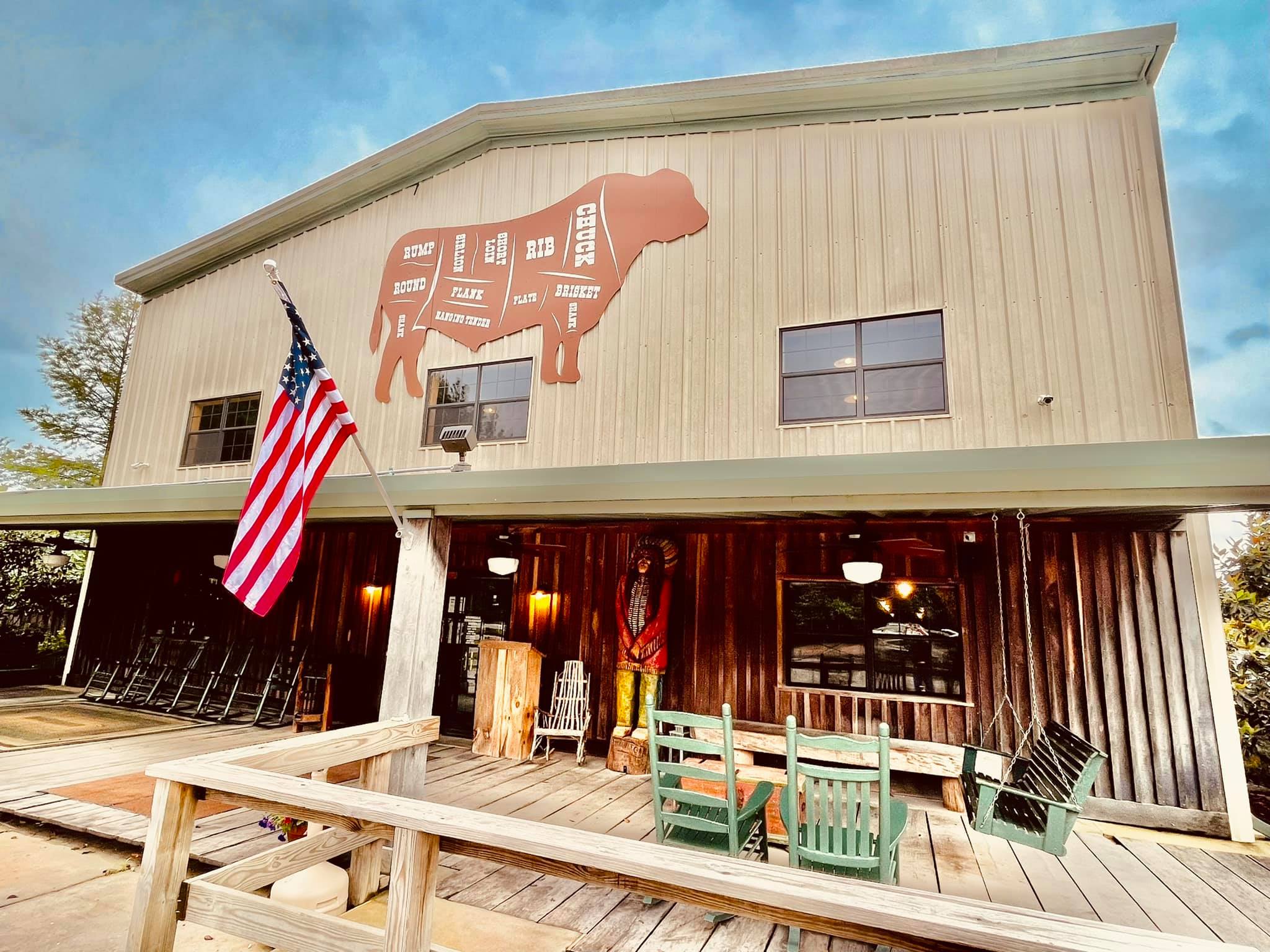Letter recommends UM school be named for Ida B. Wells
Published 7:24 am Tuesday, October 9, 2018
A group of Ole Miss faculty, staff and students have recommended that the Meek School of Journalism and New Media be renamed in honor of Ida B. Wells-Barnett.
The recommendation came in the form of a letter published in the University’s student newspaper, The Daily Mississippian, on Friday.
Over 70 individuals signed the letter, penned following last month’s controversy surrounding Ed Meek, the journalism school’s namesake.
On Sept. 19, Meek published a Facebook post featuring two African-American women that some deemed to have racial overtones. In the fallout from the post, Ole Miss chancellor Jeff S. Vitter and members of the school of journalism faculty, including Meek School dean Will Norton, Jr., admonished Meek’s comments.
Following the recommendation of the school of journalism, Meek asked for his name to be removed from the building on Sept. 23.
“Removing Ed Meek’s name from the School is a necessary, but basic, step in a much longer process of reparative justice. Our university must firmly stand for its stated values of intellectual excellence, non-discrimination and inclusion and support for all its students. Thus, we ask that the administration immediately take the following steps:” the letter reads. “First, in consultation with the Ida B. Wells Memorial Foundation and other stakeholders, explore renaming the School of Journalism and New Media after Ida B. Wells-Barnett, the pioneering investigative journalist, anti-lynching crusader, feminist suffragist and co-founder of the NAACP.”
Wells-Barnett was born into slavery in Holly Springs, Miss. In 1862. Her parents, James and Lizzie Wells, helped found Saw University – now known as Rust College – which Wells-Barnett briefly attended.
Wells-Barnett began teaching at age 16 and eventually became the owner of the Memphis Free Speech and Headlight newspaper.
The letter also recommends starting a scholarship for black women pursuing degrees at the University as well as a Reparative Justice Committee.
“Finally, establish a Reparative Justice Committee led by students and faculty in consultation with the office of Diversity and Inclusion and the University of Mississippi Slavery Research Group to begin the process of removing the Confederate monument. We acknowledge the important efforts of the contextualization committee. But based on the listening session with students and our classroom discussions, we conclude that more must be done to change the hostile climate on our campus. Accordingly, the committee will work toward other concrete changes to foster an inclusive community. This committee should be led by those most harmed and should promote reconciliation and constructive responses to the historical wrongs of slavery and segregation,” the letter said.
While the University’s Council of Academic Administrators approved the removal of Meek’s name from the journalism school, Vitter has yet to issue his recommendation.
That step is required before the request can be presented to the Institutes of Higher Learning board.
The IHL is scheduled to meet on Oct. 18 in Jackson.





